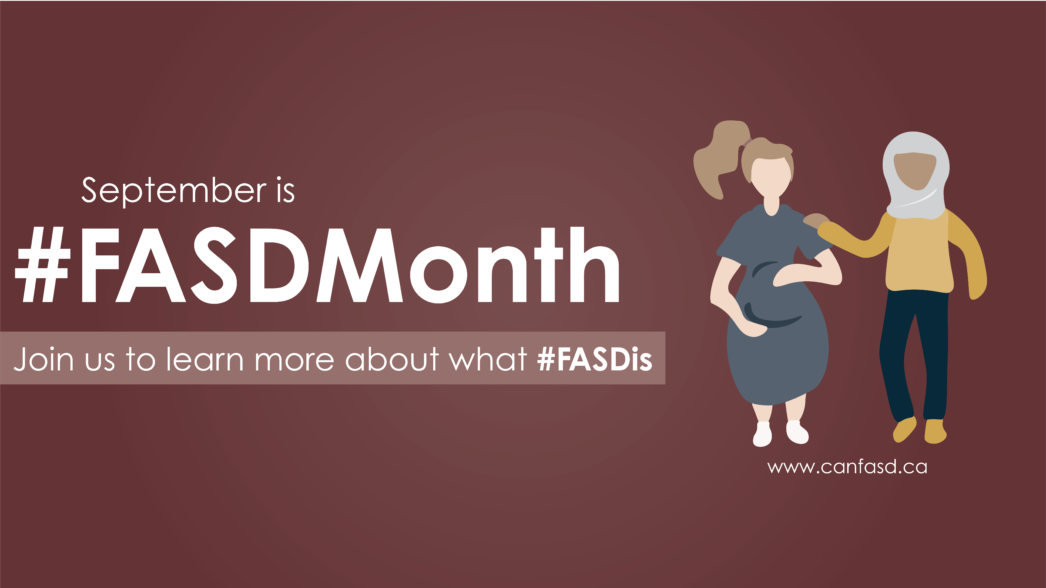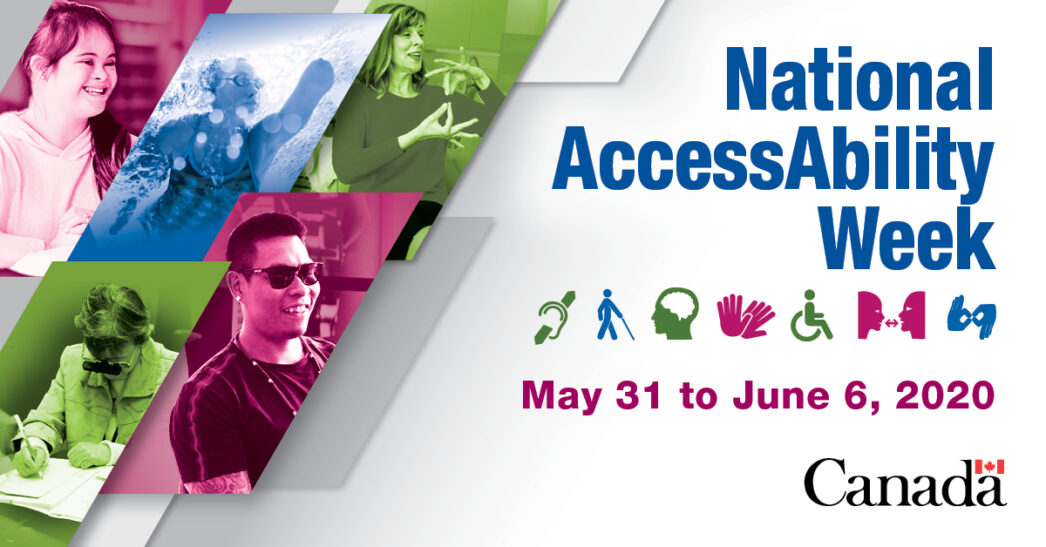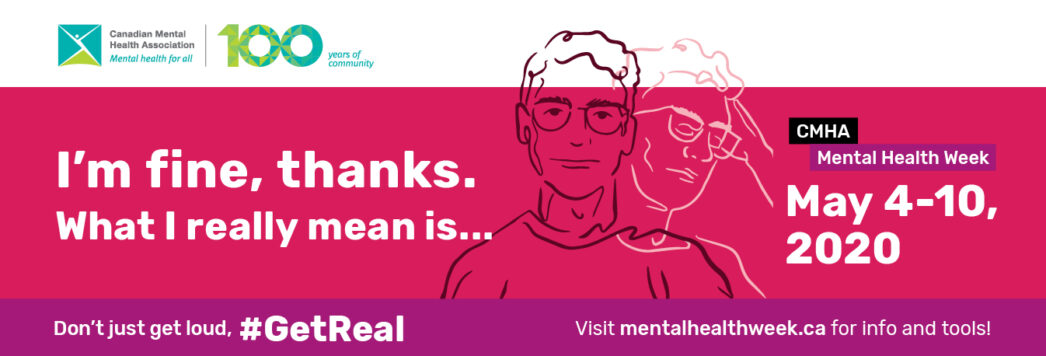November 22 to 28 is National Addictions Awareness Week (NAAW). This year’s campaign, Change Begins with Me, focuses on ending the stigma surrounding substance use and encouraging everyone to be a part of stigma reduction. Fetal alcohol spectrum disorder (FASD), substance use, and stigma are all inherently connected, particularly for individuals with FASD and women who use substances during pregnancy. … Read More
Stress Management Strategies for Caregivers
I recently attended an online Parent/Caregiver Masterclass in Stress Management. I learned a lot and wanted to share some of the excellent strategies and resources to help us support our loved ones.
Looking for Artists with FASD!
We’re looking for Canadian artists with fetal alcohol spectrum disorder (FASD) to participate in our annual art competition!
Next Steps for FASD Awareness
Despite the changes a global pandemic brings, people all across Canada banded together to celebrate FASD Awareness Month. From socially distanced awareness walks to viral videos and everything in between, the FASD community has found some very creative ways to raise awareness.
What FASD Awareness means to CanFASD
Raising awareness of FASD in Canada can help us to overcome stigma and stereotypes and improve supports and services to address FASD.
FASD Month 2020 is Almost Here!
One day is not enough. Like many of you, we recognize September as FASD Month and encourage all our followers to continue to work towards increased awareness of FASD throughout FASD Month and beyond.
Keep your Canada Day celebrations safe and healthy in 2020
Canada Day is just around the corner! With COVID-19 still a major health concern, the celebrations are going to be a little different this year. Here are some tips for how to keep your celebrations safe and healthy.
3 Indigenous-Led FASD and Women’s Health Initiatives in Canada
In honour National Indigenous History Month we wanted to highlight some of the many incredible Indigenous initiatives working in the areas of FASD and women’s health.
National Accessibility Week and FASD
There are a number of people, organizations, and initiatives across Canada that are working to break down barriers to accessibility and inclusion for individuals with FASD. Here’s some of the amazing stories that we’ve seen over the past year.
Mental Health for Individuals with FASD
When we talk about mental health for individuals with FASD, we often talk about the mental health issues people with FASD commonly experience. But it is important to remember that mental health more than mental illness.








